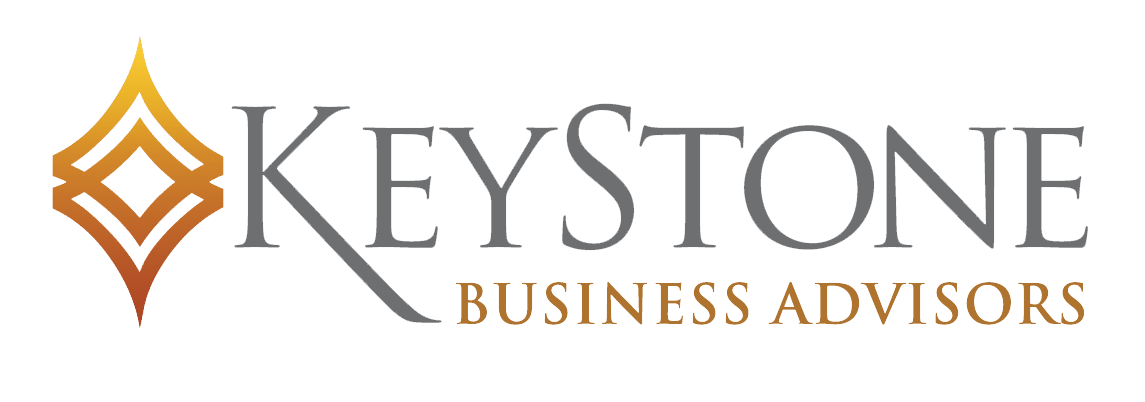When is the Right Time to Sell My Business?
A key question many business owners struggle with is…when is the right time to sell my business for its maximum value? This is often a very personal decision with several aspects to consider. There are 5 key questions to ask yourself.
-
Is my business growing, remaining flat or declining?
For business with sales and profitability that are growing at rates of 10% or greater, they provide an outstanding opportunity to capture a premium. The business trends over the last 3 to 5 years is a key factor prospective buyers look for and greatly influence what they are willing to pay. Businesses which have remained relatively flat do not necessarily generate the same level of interest as high growth businesses. However, they are generally good businesses for a buyer to consider if they provide market potential and represent an opportunity for a new buyer who is willing to explore new avenues to grow the business. Businesses which are trending down are often passed on by most buyers due to the risks involved unless the problems are easily identified and the path for turning things around is clear. If this is the case, you should either spend the time and energy to get things back on track or be prepared to accept less for your business.
-
Am I still motivated to operate my business?
I have represented many business owners who own a strong business and have developed a reliable business model, but lack the energy or motivation to continue to operate at maximum levels. Simply put, they have held onto their business for too long. Burn out is very common and understandable. The key is to recognize this before it is too late. I have seen many business sell for less than 50% of the value they could have received if they would have marketed the business for sale before starting a second business or trying to hire a manager who happens to run the business into the ground.
-
Do my financial statements and tax returns reflect the profitability the business actually makes?
When marketing a business, a good business broker will typically recast the financial statements to account for discretionary and/or nonrecurring expenses which are run through the business. This is very standard and most buyers realize that not all profits show up on the bottom line of the tax returns. Some adjustments such as owners compensation, personal auto, personal medical insurance, retire plans, etc. are easy to identify and can be added back to the bottom line without a lot of dispute from a buyer. However, strategies such as unreported cash or pushing revenue from one year to the next is often not an accepted add-back by a buyer or his bank. I strongly recommend that business owners take a more arm’s length approach to tax planning and maintain a clean set of books at least two years prior to selling their business.
-
Is the majority of goodwill tied to me or my business?
A buyer wants to make sure that a business will continue as usual when they take over. I have found that when the owner of the business maintains most of the relationships with its customers, it is much more difficult to sell compared to businesses where the employees are responsible for sales and/or maintaining customer relationships. If sales come in through your personal efforts, the majority of goodwill is tied to you. Once you exit the business, so does the goodwill. It is important for the goodwill to be tied to your brand, so I suggest insuring you have a strong management team and solid systems in place.
-
What will I do after I sell my business?
I represent many business owners who are looking to retire. This is often perceived as the best reason as many buyers believe retirement is the only valid reason why someone would want to sell a good business. I have found there are many valid reasons why owners decide to sell their business. However, I have found that business owners who know what they are going to do after they sell their business are much more committed to the process and are much more likely to achieve favorable results.
For many of you, your business represents one of your most valuable assets. Often, the thought of selling is scary because you have invested so much of your time and effort into it. I have found that not only do you need to be emotionally ready, but your business also needs to be in position for sale. Once both are in place, you should interview and find a reputable business broker to represent you in this important process and help you achieved the best possible results.
